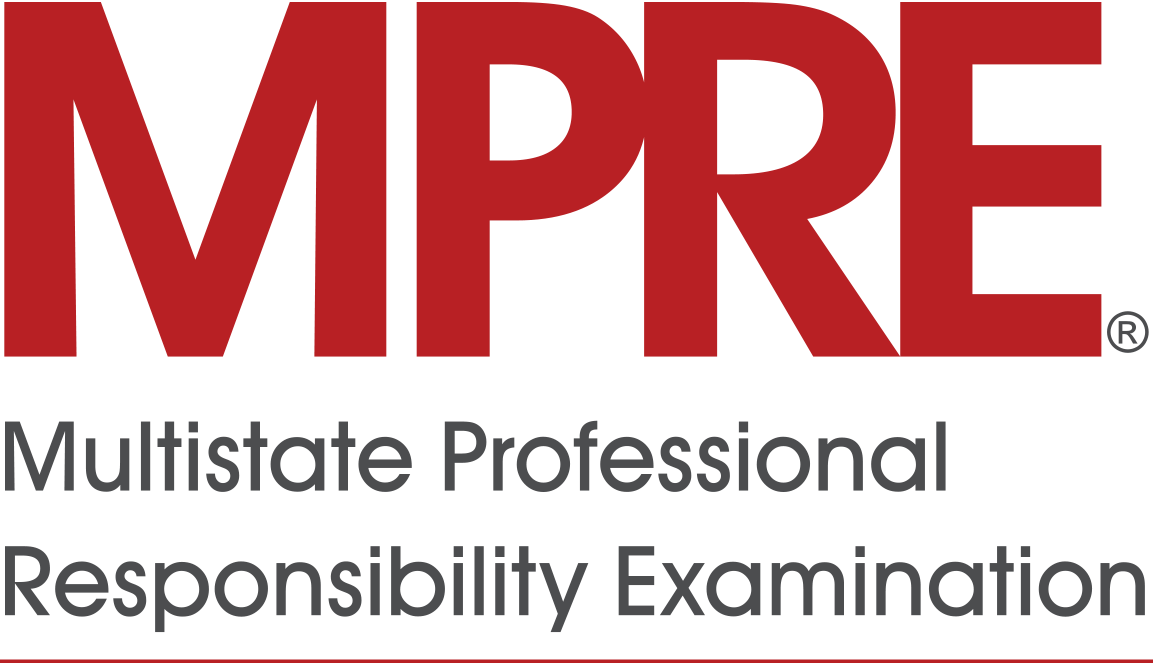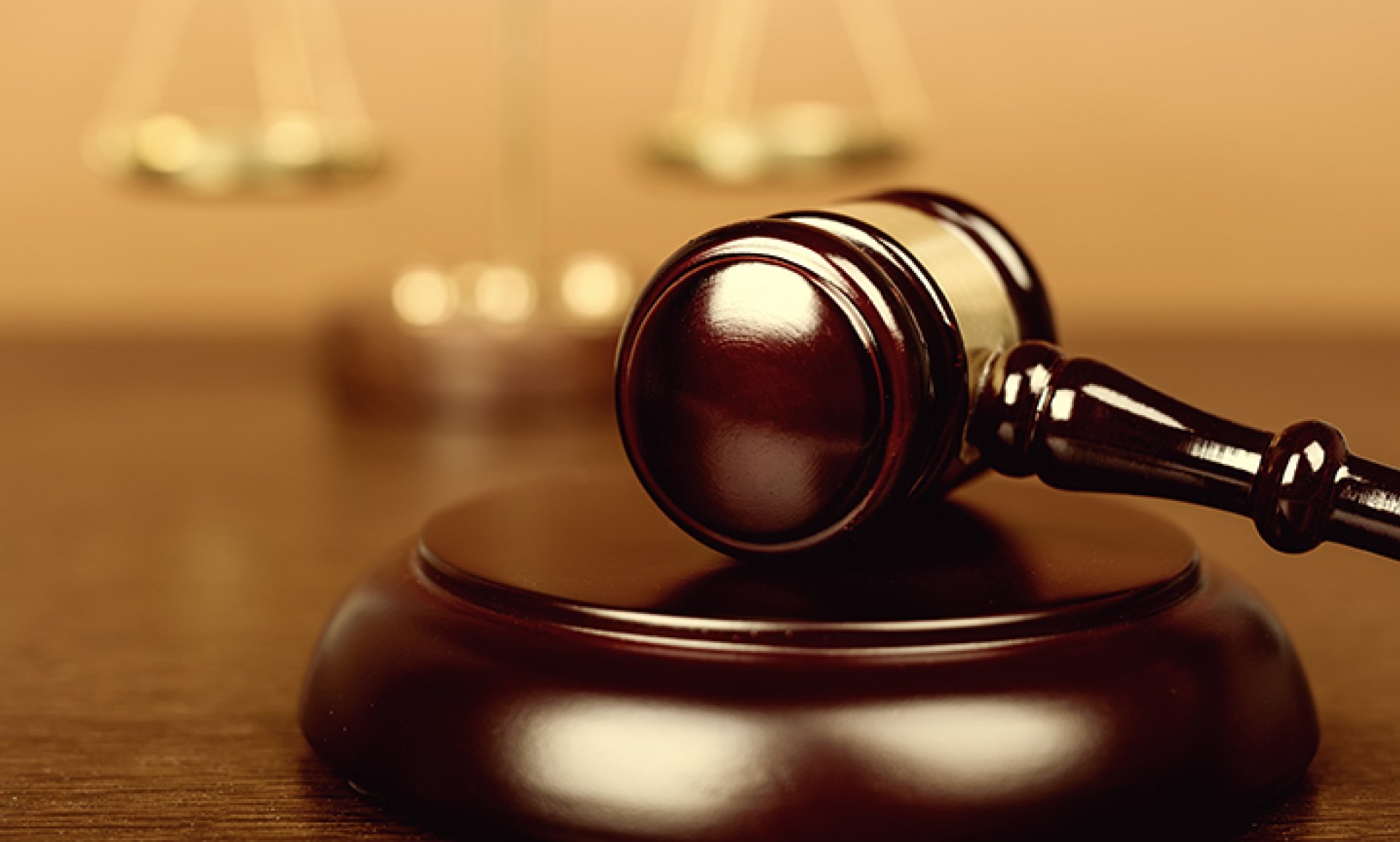
The Multistate Professional Responsibility Examination (MPRE) is a two-hour, 60-question multiple-choice examination that is administered three times per year. Developed by NCBE, the MPRE is required for admission to the bars of all but two US jurisdictions (Wisconsin and Puerto Rico). (Note that Connecticut and New Jersey accept successful completion of a law school course on professional responsibility in lieu of a passing score on the MPRE.)
Because MPRE requirements vary from one jurisdiction to another, candidates are advised to check with the bar admission agency in the jurisdiction to which they seek admission before registering for the MPRE. Passing scores are established by each jurisdiction.
Purpose
The purpose of the MPRE is to measure candidates' knowledge and understanding of established standards related to the professional conduct of lawyers. The MPRE is not a test to determine an individual’s personal ethical values. Lawyers serve in many capacities: for example, as judges, advocates, counselors, and in other roles. The law governing the conduct of lawyers in these roles is applied in disciplinary and bar admission procedures, and by courts in dealing with issues of appearance, representation, privilege, disqualification, and contempt or other censure, and in lawsuits seeking to establish liability for malpractice and other civil or criminal wrongs committed by a lawyer while acting in a professional capacity.
